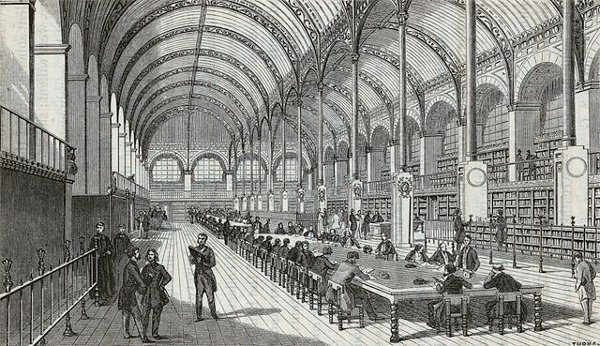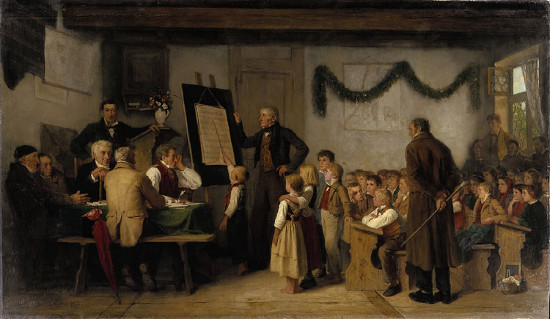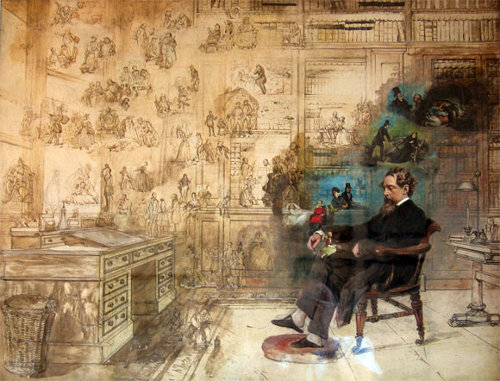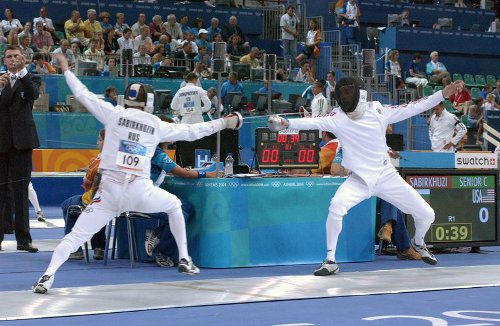Yet more aphorisms from German physicist Georg Christoph Lichtenberg:
- “The most perfect ape cannot draw an ape; only man can do that; but, likewise, only man regards the ability to do this as a sign of superiority.”
- “A book which, above all others in the world, should be forbidden, is a catalogue of forbidden books.”
- “The motives that lead us to do anything might be arranged like the thirty-two winds and might be given names on the same pattern: for instance, ‘bread-bread-fame’ or ‘fame-fame-bread.'”
- “We accumulate our opinions at an age when our understanding is at its weakest.”
- “Once the good man was dead, one wore his hat and another his sword as he had worn them, a third had himself barbered as he had, a fourth walked as he did, but the honest man that he was — nobody any longer wanted to be that.”
- “With most men, unbelief in one thing springs from blind belief in another.”
- “We say that someone occupies an official position, whereas it is the official position that occupies him.”
- “There are very many people who read simply to prevent themselves from thinking.”
- “With prophecies the commentator is often a more important man than the prophet.”
- “Delight at having understood a very abstract and obscure system leads most people to believe in the truth of what it demonstrates.”
- “There is no greater impediment to progress in the sciences than the desire to see it take place too quickly.”
- “There is no more important rule of conduct in the world than this: attach yourself as much as you can to people who are abler than you and yet not so very different that you cannot understand them.”
- “What is the good of drawing conclusions from experience? I don’t deny we sometimes draw the right conclusions, but don’t we just as often draw the wrong ones?”
- “When a book and a head collide and a hollow sound is heard, must it always have come from the book?”





